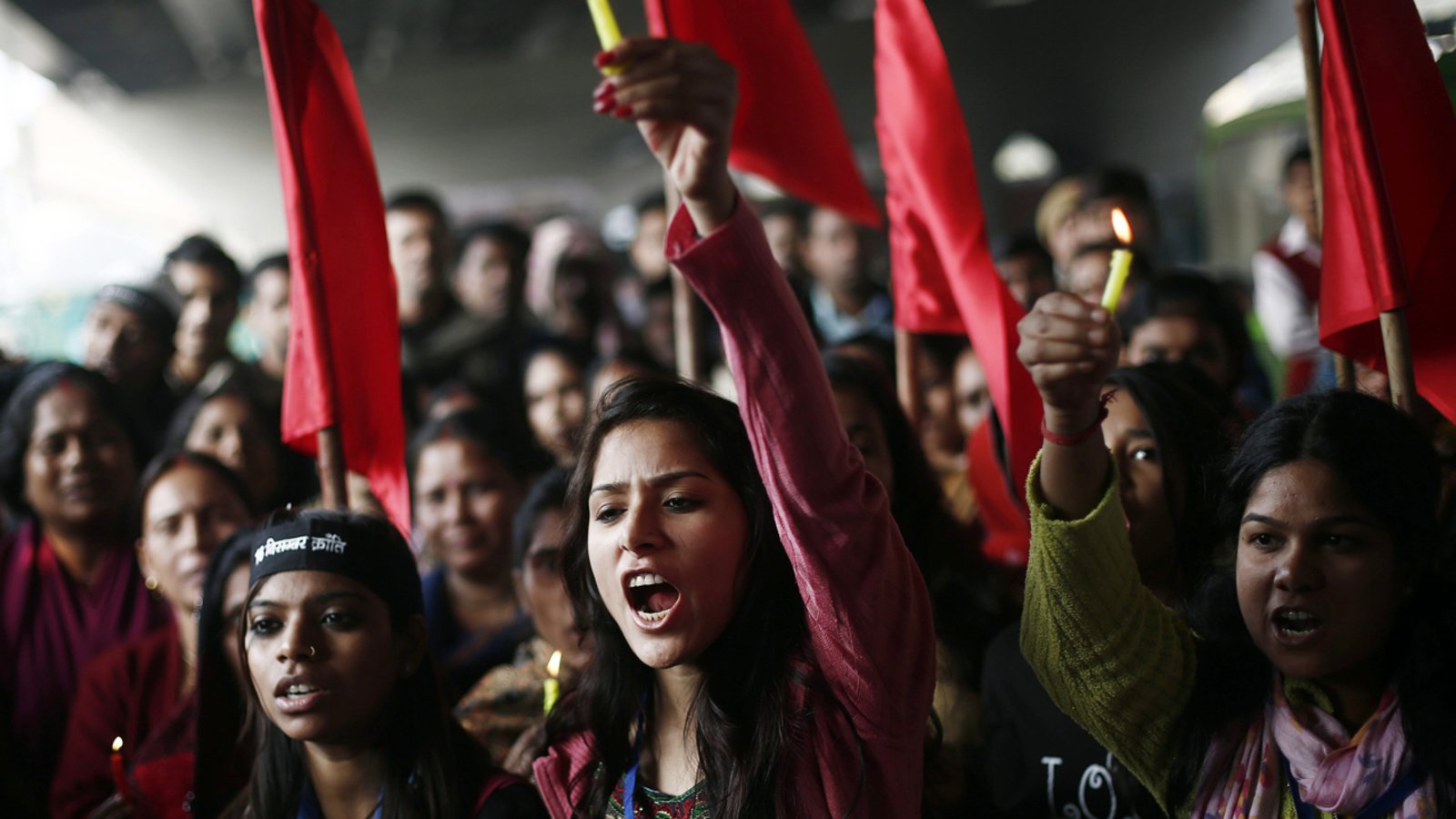
India’s burgeoning economic prowess and global influence are often celebrated, but these achievements stand in stark contrast to the grim reality faced by many women in the country. The unsafe condition of women in India, highlighted by recent incidents of sexual violence, reveals a profound and systemic crisis that affects millions. Despite superficial progress, the harsh truth is that women in India live under constant threat, facing pervasive violence and systemic neglect.
The Persistent Reality of Sexual Violence
Sexual violence remains alarmingly common in India. According to the National Crime Records Bureau (NCRB), over 32,000 rape cases were reported in 2021 alone, indicating a daily average of nearly 88 cases. These numbers, however, only reflect reported incidents, with many cases going unreported due to fear, stigma, and lack of faith in the legal system. The actual prevalence of sexual violence is likely far higher.
Recent high-profile cases, such as the rape of a trainee doctor in Uttar Pradesh, bring this crisis into sharp focus. Such incidents are not isolated but symptomatic of a broader, entrenched culture of violence against women. The brutality of these attacks and the often inadequate responses from law enforcement and judicial systems underscore the severe inadequacies in protecting women’s safety and delivering justice.
Systemic Failures and Legal Ineffectiveness
The unsafe condition of women in India is significantly exacerbated by systemic failures within the legal and institutional frameworks meant to protect them. Victims of sexual violence often encounter dismissive or insensitive treatment from law enforcement, with many survivors facing bureaucratic delays and reluctance from the police to take action. This initial mishandling of cases can deepen the trauma experienced by victims and erode their trust in the justice system. Moreover, the judicial process in India is notoriously slow and inefficient. Sexual violence cases can drag on for years, during which victims may endure harassment, threats, and inadequate legal representation. This prolonged and ineffective legal process discourages survivors from pursuing justice and fosters a pervasive sense of impunity for perpetrators. Moreover, support systems for survivors are woefully inadequate. Access to medical and psychological support is often limited or unavailable, leaving victims to manage their trauma with minimal assistance. The lack of comprehensive support services further aggravates their suffering and impairs their ability to recover and seek justice.
The unsafe condition of women in India is also deeply rooted in entrenched social and cultural attitudes. Persistent gender inequality, ingrained misogyny, and societal norms that blame victims and condone violence contribute to an environment where women are marginalized. Violence against women is often normalized and trivialized, with cultural narratives and media portrayals sometimes perpetuating harmful stereotypes and justifying abusive behavior. This normalization creates a context in which women’s safety is not prioritized and violence is frequently excused or overlooked. Victim blaming and stigma are prevalent, with survivors of sexual violence often subjected to scrutiny and shame. This societal tendency to place blame on victims rather than perpetrators discourages reporting and reinforces a cycle of silence and inaction. Furthermore, deep-seated gender inequality in India manifests through economic disparities, limited access to education and healthcare, and restrictive social norms, all of which contribute to the vulnerability of women and hinder their ability to seek help or assert their rights.
The Need for Comprehensive Reform
Addressing the unsafe condition of women in India demands a comprehensive and multi-faceted approach. First and foremost, there is a critical need for legal reforms aimed at expediting the prosecution of sexual violence cases and ensuring that perpetrators are held accountable. This involves improving the efficiency of the judicial process, enhancing the sensitivity of law enforcement officials, and instituting robust protection measures for survivors.
Additionally, expanding support services for survivors is essential. Comprehensive systems must be put in place to provide accessible medical care, psychological counseling, legal aid, and safe spaces for women. A coordinated response from government agencies, non-governmental organizations, and community groups is crucial in offering effective support and rehabilitation to those affected by sexual violence.
Equally important is the need to challenge and change the cultural norms and attitudes that perpetuate violence against women. Efforts should focus on educational campaigns, public awareness initiatives, and community engagement to shift societal perceptions and promote gender equality.
Furthermore, promoting accountability is vital. The international community, in collaboration with Indian civil society, has a role in ensuring that the Indian government addresses these issues effectively. Advocacy and pressure from global and local organizations can drive genuine improvements in women’s safety and rights, ensuring that progress is not merely superficial but translates into meaningful change.
Conclusion
The unsafe condition of women in India is a stark and distressing reality that reveals deep flaws in the country’s approach to gender-based violence. Despite economic advancements and a façade of progress, the pervasive violence and systemic failures that women face highlight a pressing crisis that demands immediate and comprehensive action. Only through substantial legal, social, and cultural reforms can India hope to create a safer and more just environment for its women.



















Comments (1)
temp mailsays:
August 25, 2024 at 11:32 amJust wish to say your article is as surprising The clearness in your post is just cool and i could assume youre an expert on this subject Fine with your permission allow me to grab your RSS feed to keep updated with forthcoming post Thanks a million and please keep up the enjoyable work